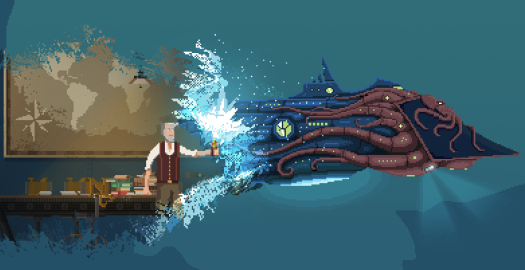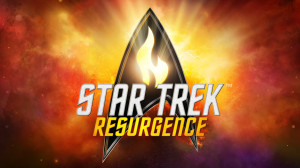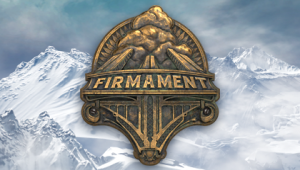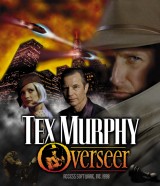Review for Verne: The Shape of Fantasy
Jules Verne is undoubtedly a name you have heard at some point in your life. You may have read one of his novels, such as Journey to the Center of the Earth, or heard his name in passing. It should not be surprising that his stories have had a great influence even after his death, but today's world largely neglects his books' significance. Verne: The Shape of Fantasy serves as a reminder of the author's greatness by taking players through a Verne-styled adventure that is gorgeous to look at and engaging to experience.
Developed by Gametopia and published by Assemble Entertainment, Verne: The Shape of Fantasy shows Jules Verne, the author, now a scientist living in an alternate nineteenth-century universe. Caught in a war between the totalitarian government called "The Nation" and a resistance cell led by Captain Nemo, Verne helps the latter uncover the secrets of a long-lost Atlantean kingdom, hoping to find a weapon to help turn the tide of the war. As the narrative develops, Verne runs into several twists and turns that make him question his stance on the war -- and his sanity -- as he uses the Atlantean artifacts.
The story is excellent but a bit confounding. It starts out strong with a tremendous in medias res opening, setting up a few plot points that add significant development for the logical Verne and the headstrong Captain Nemo. However, the plot then turns into a classic internal conflict for Verne that (avoiding spoilers) we've seen before. However, it can confuse players who choose not to delve into the bigger picture or those who have not experienced similar conflicts in other media.
What helps the characters stand out in the game is their voice acting, which is fantastic -- but also a bit quirky. Notably, Verne's voice-over gives him a logical personality and makes him out to be the moral compass of the story. However, his accent is hard to pinpoint. He's supposed to be French, but he sounds like a Brit trying to mimic a French accent. Captain Nemo's voice actor is the best, displaying tempered ambition when he and Verne first meet, then slowly trending towards maddening anger. The voices help better identify characters since most character sprites and animations are average-looking.
The most vital aspect of the story is the setting. There is so much rich lore, and the developers have gone out of their way to differentiate Verne's version of Earth from ours. For example, the continents resemble monstrous shapes, and you can find documents, recruitment posters, and audio recordings that expand upon who the Nation and Nemo's resistance are. Even Atlantis and its mysticism are integrated well, especially with how it thematically ties to Verne's struggles. Along with collecting documents and audio logs, there are also the "Verne Logs." These detail the various stories that Jules Verne wrote, why he wrote them, and even some details of his own life. These logs pay homage and point to the Jules Verne-inspired elements in the game, providing a fun learning experience for those less familiar with the author.
What sells the setting is the stunning 2D art style. Each location stands out in terms of color palette and background detail. Every environmental pixel looks smooth and crisp, especially when given the option for the camera to back out and take in the view. You can even spot hidden elements in certain levels, especially the outdoor areas.
The main weakness in the presentation is the background music. There are a few sweeping orchestral melodies or subtle tribal tunes, but they aren't looped and are sparsely used throughout the game. There were times when I couldn't tell if the level's melody even started or ended. The environment designs stand out, but having more memorable music would have helped add distinctiveness to each level.
The gameplay is simple and easy to understand. You explore a 2D plane, primarily using the A and D keys to move, the W and S keys to climb, and the E key to interact with particular objects. You can play with just one hand. There are puzzles to solve, yet even these are mostly a breeze, with a few requiring some trial and error. There are a couple of stealth sections and Quick Time Events, but these are few and spread out. Also, along with the main story, most levels have optional side content, but these consist of simple fetch quests. The last core mechanic is the IMAG, an Atlantean artifact that allows Verne, with his imagination, to change certain aspects of reality. A situation can have two or three choices, but only one is correct. The game feels designed to get to the story bits as quickly as possible, the gameplay being the catalyst to move you towards the next segment. Reaching the finale takes about five hours, even when attempting side quests.
Verne: The Shape of Fantasy does the author's legendary works justice in ways rarely achieved in mainstream entertainment. Where others would create a direct adaptation, Gametopia set out to craft an original story inspired by the author's novels. It is as much a fan fiction piece (the good kind) as an entertaining game that adventurers, including Verne enthusiasts, will enjoy.





























